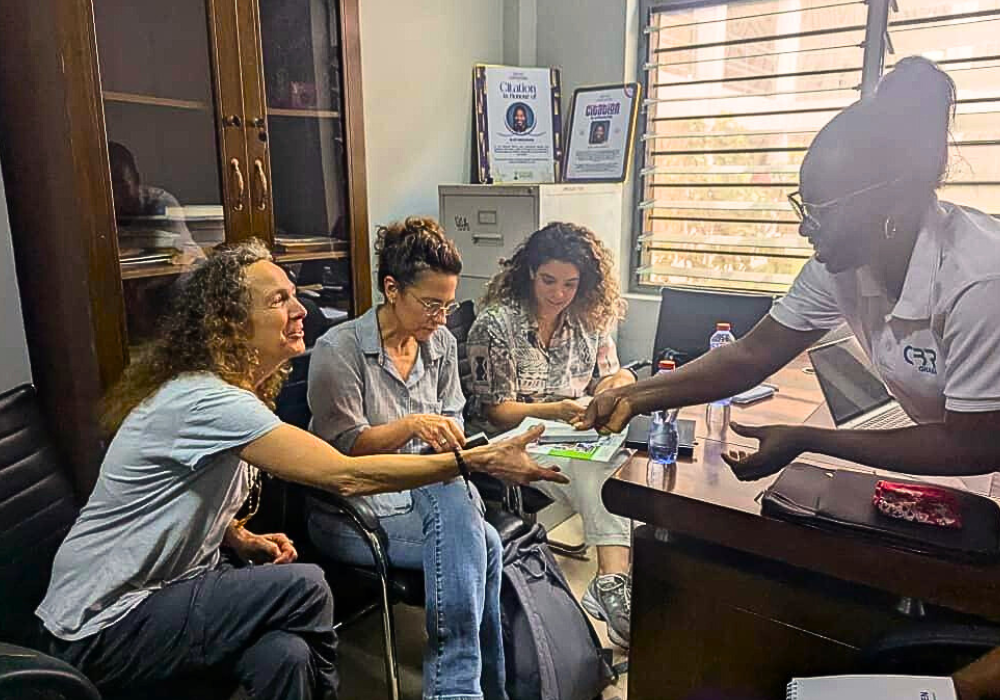How Do You Say Tikkun Olam in Hebrew? Israel and International Development

There’s a well-known one-liner about an American Jew visiting Israel for the first time. Shortly after arriving in the Jewish state, the visitor turns to a local and asks: “How do you say tikkun olam in Hebrew?”
Tikkun olam, translated literally as “repair of the world,” is understood here loosely as a Jewish responsibility to broader humanity. When this joke is shared by American Jewish progressives, it is a bit of self-deprecating humor celebrating the widespread emphasis in liberal American Jewish life on tikkun olam. When told by conservatives, it’s a questioning of tikkun olam’s authenticity, as a Hebrew phrase and as a Jewish priority.
No matter who tells it or what they think about tikkun olam, this is a joke told by American Jews about American Jews. Its humor rests on the pervasiveness of the idea of tikkun olam in American non-Orthodox Judaism and, more broadly, in American culture, where even prominent non-Jewish politicians, such as Barak Obama and Hillary Clinton, regularly invoke the term.
Yet, the setting of the joke is also important, as it reveals an assumption American Jews too often make about Israel. Because it imagines an American Jew posing the question to an Israeli Jew, it implies that universalist values are the exclusive domain of American Jewry and largely alien to Israeli identity. At best, tikkun olam is perceived as peripheral to Israel; at worst, antithetical to it. A variation on this one-liner makes this point even clearer: “There are two types of Jews: those who pursue tikkun olam, and those who speak Hebrew.”
I have encountered these assumptions countless times when speaking with American Jewish audiences about Israel’s humanitarian work abroad. I find that American Jews perceive of Israel’s contributions to disaster relief, agriculture, health, and other global challenges either as window dressing—a source of pride, yet trivial relative to other aspects of Israel’s identity—or as whitewashing, a cynical ploy to divert attention away from Israel’s treatment of Palestinians. In both cases, the assumption is that this work lacks significant meaning.
As someone who pursues tikkun olam and speaks Hebrew, I don’t find this funny. Since making aliyah from the United States 20 years ago, I have spent the better part of my career working on issues of social justice in Israel and around the world. For me and for countless other Israelis, Zionism and universalism are deeply intertwined and mutually reinforcing. In our eyes, the State of Israel presents an unprecedented platform for the Jewish people to do good in the world. Although today’s reality is far from this aspirational vision, I am deeply committed to its actualization.
This article was originally published in the Shalom Hartman Institute's Sources: A Journal of Jewish Ideas, Spring 2023 edition. It has been reprinted with permission.




